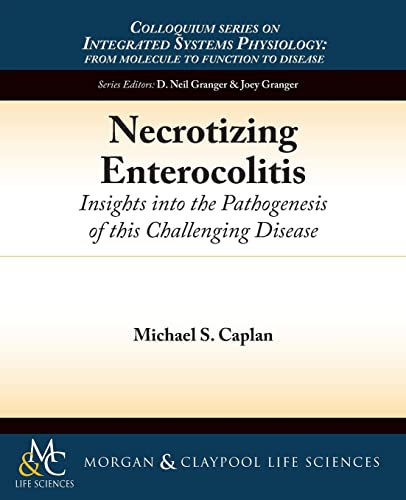Necrotizing enterocolitis is an acute inflammatory necrosis of bowel that primarily afflicts premature infants in the neonatal intensive care unit setting. Although patients who develop this disease have high morbidity and mortality rates, the pathogenesis is poorly understood, and therefore there are no specific preventive or treatment strategies that have been clearly effective. Recent studies have suggested that the pathophysiology of necrotizing enterocolitis includes alterations in the inflammatory response leading to dysregulated pro-inflammatory signaling in premature infants, as well as abnormal intestinal bacterial colonization patterns that can activate these inflammatory pathways, and these factors are discussed in depth in the following chapters. While human milk feedings are currently the standard of care for the prevention of this challenging condition, new approaches will be described based on sound evidence that might have a significant impact for premature infants throughout the world.
Table of Contents: Acknowledgment / Epidemiology and Clinical Considerations / Intestinal Physiology and Host Defense / The Role of Gut Flora and Commensal Microorganisms in Neonatal NEC / The Role of Inflammation in Neonatal NEC / The Role of Impaired Intestinal Circulation and prbc Transfusions in NEC / The Impact of Feeding and Breast Milk on NEC / The Effects of Growth Factors on NEC / Summary and Unifying Hypothesis / References / Author Biography
Dr. Michael Caplan is Chairman of The Department of Pediatrics at NorthShore University HealthSystem (NorthShore) and Clinical Professor of Pediatrics at The University of Chicago, Pritzker School of Medicine. A graduate of the University of Illinois, and The University of Chicago with honors from The Pritzker School of Medicine, he completed his residency and neonatal-perinatal fellowship at Northwestern University Medical School and Children's Memorial Hospital. Dr. Caplan joined the faculty of NorthShore in 1989 in the Division of Neonatology and Department of Pediatrics where he has served for the last 23 years. Dr. Caplan is an internationally acclaimed physician-scientist in the area of neonatal necrotizing enterocolitis (NEC), a gastrointestinal disorder that affects 10% of newborns born weighing less than 3.5 pounds. He has published extensively on this subject and has received multiple grants from the National Institutes of Health and the March of Dimes for his work investigating the causes and potential cures of this devastating disease. He lectures frequently on this subject, and he is currently working to test the potential effect of probiotics for the prevention of NEC. At NorthShore, Dr. Caplan is the Medical Director of Clinical Trials, and a member of the Research Board. He has served as Program Chair for the Neonatal Network of the National Institutes of Child Health and Disease, a government-sponsored group of 16 neonatal intensive care units developing state-of-the-art clinical research to improve the lives of premature neonates. In addition, Dr. Caplan served as a member of an NIH study section that reviews grant proposals designed to investigate the causes and potential treatments of intestinal diseases, such as Crohn's disease.
